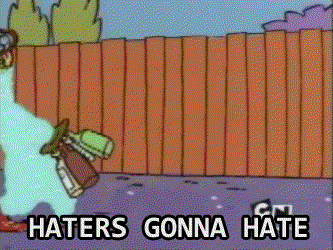
Random Thoughts.....What Are You Thinking?
|
Random Thoughts.....What are you thinking?
 she must be trying to move that bookcase in a small shirt hmmmm Doesnt really look like her. Just the hair color. :x
Don't think I've missed a day of playing Star Trek while going to sleep in the past 3 years or more.. Well unless it was outta my control like hurricane knocked out power to everyone.
nope, its her...just different artists interpretation
oh its just a small prompt for an essay, small he says...
 Rukia is cuter as a guy. so now she was just eating ice cream very messily it got on her back? wait a sec :I
Bismarck.Cicada said: »  Rukia is cuter as a guy. Just googled female ichigo xD
 What is this I don't even
heh

I'm at the weird part of the internet now :( I'm scared
Bahamut.Rulerofdarkness said: »  Bismarck.Cicada said: » I'm at the weird part of the internet now :( I'm scared Wondering if wellfare actually pays out that much :o  thought this was interesting today
  |
All FFXIV and FFXI content and images © 2002-2026 SQUARE ENIX CO., LTD.
FINAL FANTASY is a registered trademark of Square Enix Co., Ltd.











